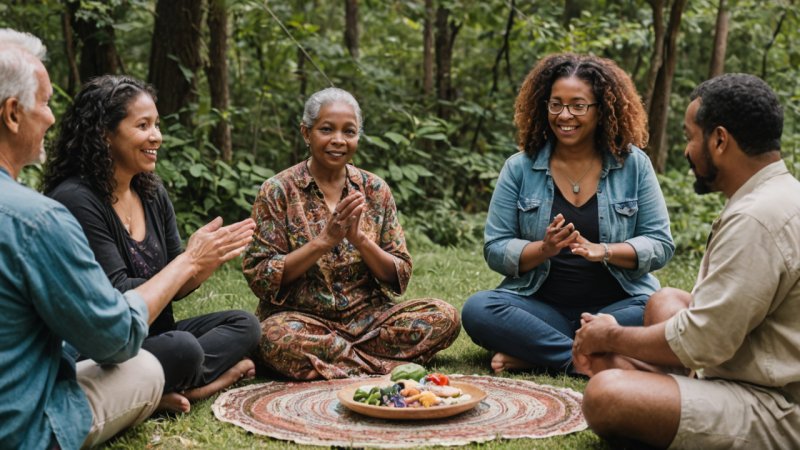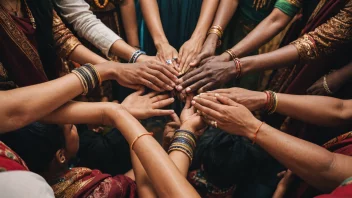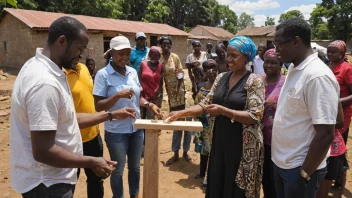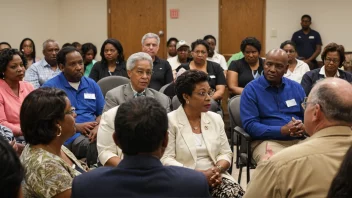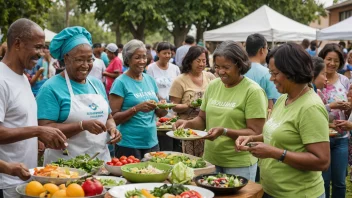In a world often marked by division and conflict, spiritual support serves as a powerful tool for fostering community cohesion. By promoting shared values, encouraging empathy, and providing a framework for collaborative action, spirituality can bridge divides and unite individuals from diverse backgrounds. This article explores the top ways spiritual support enhances community cohesion, demonstrating how collective spiritual practices and beliefs can create stronger, more resilient communities.
Shared Values and Beliefs
Spiritual support often revolves around shared values and beliefs that resonate with community members. When individuals come together around a common set of principles, it fosters a sense of belonging and identity.
- Fostering Understanding: Shared spiritual beliefs can lead to greater understanding among community members, enabling them to appreciate each other's perspectives and experiences.
- Encouraging Inclusivity: Emphasizing common ground helps to create an inclusive environment where everyone feels valued and respected.
Empathy and Compassion
Spiritual teachings often emphasize the importance of empathy and compassion towards others. This can significantly contribute to community cohesion.
- Building Relationships: When community members engage in acts of kindness and understanding, it creates deeper connections and trust.
- Promoting Mental Wellbeing: Acts of compassion can enhance mental health, leading to a more supportive community environment.
Collaborative Community Service
Many spiritual communities prioritize service to others as a fundamental aspect of their practice. Participating in joint service projects can strengthen community ties.
- Creating Opportunities for Engagement: Collaborative service projects allow individuals to work together towards a common goal, fostering teamwork and camaraderie.
- Addressing Local Needs: These projects often focus on addressing specific community needs, enhancing the overall wellbeing of the area.
Rituals and Traditions
Spiritual rituals and traditions play a significant role in bringing people together. They can serve as communal touchpoints that reinforce connections among community members.
- Creating Shared Experiences: Participating in rituals allows individuals to share meaningful experiences, enhancing their sense of belonging.
- Preserving Cultural Heritage: Many spiritual practices are rooted in cultural traditions, which can help to preserve and celebrate community identity.
Encouraging Open Dialogue
Spiritual support often creates safe spaces for open dialogue, allowing community members to express their thoughts and feelings.
- Facilitating Conversations: Spiritual gatherings can serve as platforms for discussing pressing social issues, fostering a culture of dialogue and understanding.
- Conflict Resolution: Open dialogue can help to address and resolve conflicts within the community, promoting harmony and cooperation.
In conclusion, spiritual support plays a crucial role in promoting community cohesion. By fostering shared values, encouraging empathy, facilitating collaborative service, honoring rituals, and fostering open dialogue, spiritual practices can unite individuals in meaningful ways. As communities continue to navigate the complexities of modern life, embracing spiritual support may be a key strategy for building stronger, more connected societies.
